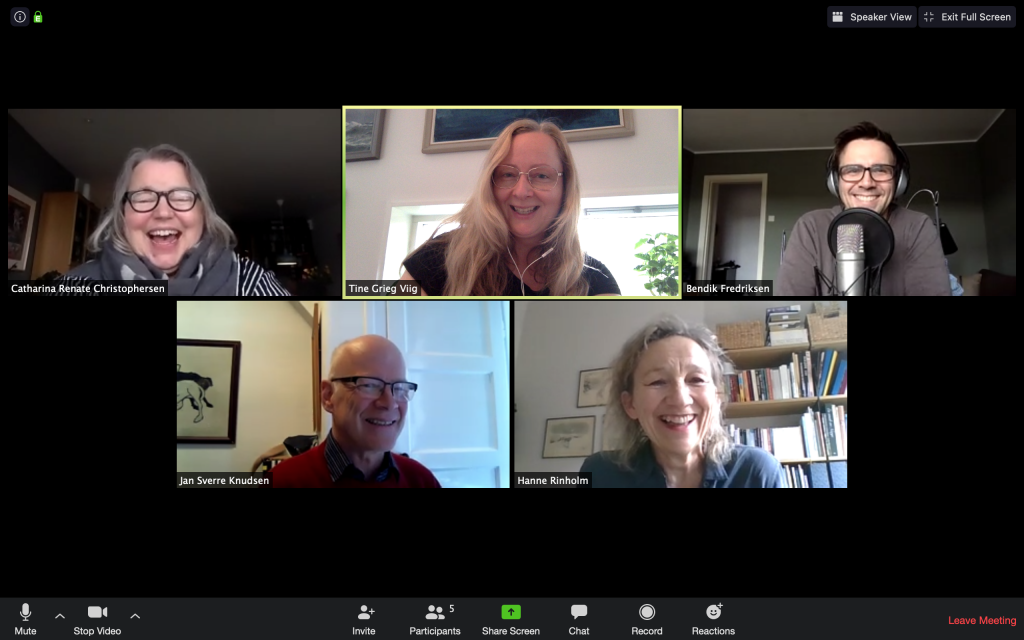The FUTURED #TextImmersion-group, consisting of researchers from HVL and OsloMet, had its first meeting recently. We began with an article by Giroux, from the Handbook of public pedagogy, a text focusing on neoliberalism as public pedagogy. Starting from an excellent discussion, this post is a reflection on some of the topics raised, particularly in relation to my research, study 6 in work package 3.

FUTURED #TextImmersion
Utopias privatized
Initially, Giroux describes how we are in our time facing challenges to understand public pedagogy in a broader scope. He departs from the American life, and problematizes a neoliberal culture dominating the public discourse:
Within neoliberalism’s market-driven discourse, corporate power marks the space of a new kind of public pedagogy, one in which the production, dissemination, and circulation of ideas emerges from the educational force of the larger culture. Public pedagogy in this sense refers to a powerful ensemble of ideological and institutional forces whose aim is to produce competitive, self-interested individuals vying for their own material and ideological gain.
(Giroux, 2010, p. 486)
Viewed from the perspective of music education and a study of how digital tools can promote interaction between music classrooms and the outside world, the public pedagogy-conceptualisation described in Giroux’s (2010) text could address important issues of how “unprecedented electronic technologies”(p. 487) needs to be critically analyzed. For example, it could be central to go deeper into the terms of which mode(s) of pedagogical address and decisive roles produced in this particular context when using different digital tools in a music classroom.
From cultural studies to (music) education
Reading this text, I’m intrigued to learn more about the concept of public pedagogy in relation to the study 6 in particular, and FUTURED project overall. A groundwork for understanding pedagogy in a broader context takes form through Giroux’s theories, in a way which is not limited to recognizing what’s outside of the classroom and adapting it into a pedagogical approach inside established schooling systems. Rather, this text prompts further reflection on how to expand our ideas of what could and should be considered a pedagogical space. Envisioning a real utopian scope of music teacher education could also then include turning the idea of the political and the cultural inside education itself, not as something out there to be taught and educated into.
Public pedagogy – further elaboration
Some questions still remain. Like, if mostly everything in our culture should be considered as pedagogical, what then is not pedagogical – when public pedagogy is everywhere, then how can we really operationalize and study it through an action research approach? In addition, based on our discussion, I think it will be interesting to look closer into how we in a Norwegian context, and our music teacher education setting, can engage such new spaces of pedagogy and understand these in relation to what Giroux recognizes as the crisis of democracy in a time of neoliberalism. Giroux (2010) calls for cultural studies theorists to address the challenges we are facing (p. 498), but I believe music education teachers and researchers also can contribute to a continued discussion on public pedagogy, culture and education.
Looking forward to further reflections on these topics as the study continues!
Written by: Tine Grieg Viig, postdoc fellow, FUTURED
Reference
Giroux, H.A. (2010) Neoliberalism as public pedagogy. In: Sandlin, J., Schultz, B., and J. Burdick (Eds.) Handbook of Public Pedagogy, p. 486-499. New York: Routledge, https://doi.org/10.4324/9780203863688